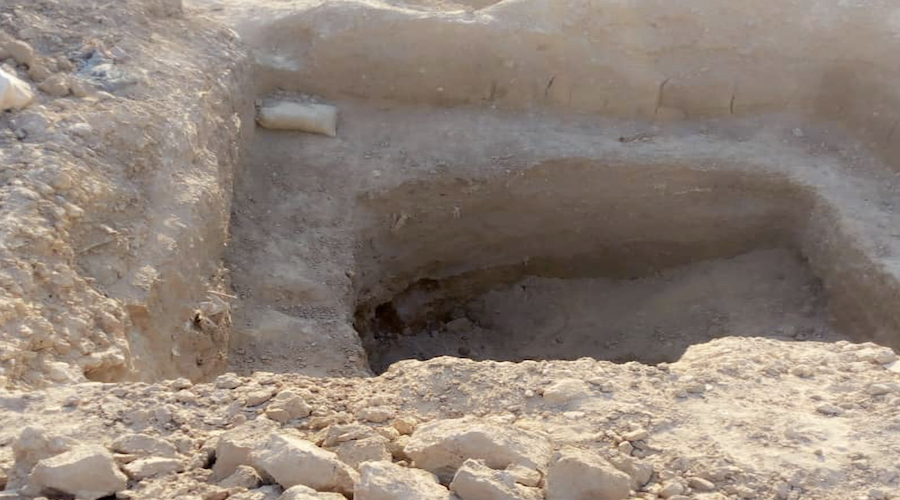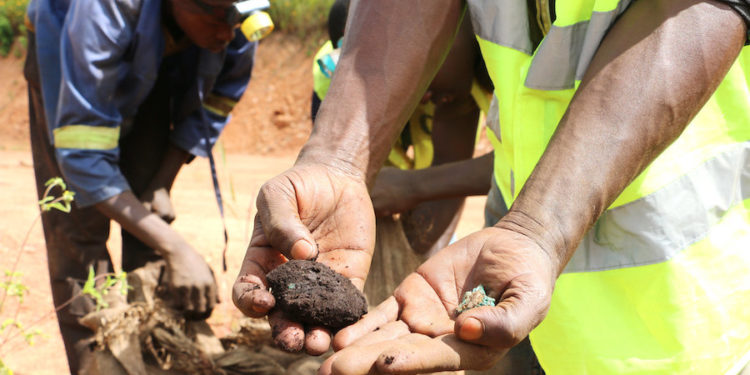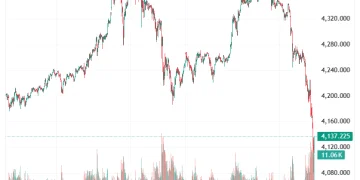Researchers link cobalt mining in the DRC to violence, substance abuse, food-water insecurity
After studying the impacts of cobalt mining in the Democratic Republic of the Congo, an interdisciplinary team of researchers led by Northwestern University is calling for more data on how emerging technologies affect human health and livelihoods.
Congo is the world’s top producer of cobalt, which is used in many of the batteries that power electric vehicles. EV sales are expected to soar in the coming years, as countries strive to cut carbon emissions.
In a paper published in the journal One Earth, the group behind the new study explains that exploratory fieldwork in cobalt mining communities in the Lualaba Province was conducted to be able to construct social life cycle assessments (S-LCA).
The team comprised of anthropologists, engineers and public health experts collected qualitative data through in-depth interviews and focus-group discussions with miners and other community members.
“For this type of work, it’s important to work across fields in order to be informed,” Sera Young, one of the study co-authors, said in a media statement. “It might be difficult for engineers who are developing the technologies to understand the social effects. By working together, we can form a whole picture of the consequences of resource extraction.”
After such exploratory work, the researchers found that cobalt mining was associated with increases in violence, substance abuse, food and water insecurity, and physical and mental health challenges.
Community members reported losing communal land, farmland and homes, which miners dug up in order to extract cobalt. Without farmland, Congolese people were sometimes forced to cross international borders into Zambia just to purchase food.
Read This: These are the major trends to expect across African markets in 2022

“You might think of mining as just digging something up,” Young said. “But they are not digging on vacant land. Homelands are dug up. People are literally digging holes in their living room floors. The repercussions of mining can touch almost every aspect of life.”
Young also pointed out that waste generated from mining cobalt and other metals can pollute water, air and soil, leading to decreased crop yields, contaminated food and water, and respiratory and reproductive health issues.
In fact, the miners that participated in the study reported that working conditions were unsafe, unfair and stressful. Several workers noted that they feared mineshaft collapses.
Young said that as industry leaders move toward decarbonization to slow, stop or even reverse human-caused climate change, technologies are increasingly relying on batteries instead of fossil fuels but data related to the effects of these technologies on social well-being are needed.
“If we’re trying to be do-gooders by caring for the environment, then the environment shouldn’t be limited to only the natural environment — but also the human environment,” the scientist said.
For her and her colleagues, collecting good quality data for social impact assessments, thus, requires leveraging reliable sources that can help understand localized effects of mining.
In their view, those sources are: (1) interviews and focus groups of affected community members; (2) local public records, including land-related court claims, documentation of forced migration and publicly available health records; (3) cross-culturally validated scales, including data collected by national statistics agencies and organizations such as UNICEF and the World Bank; (4) data collected for the Sustainable Development Goals; and (5) remote sensing and imagery, including satellite imagery showing how farmland has changed after cobalt mining is established.
The researchers believe such methods can be applied to other scenarios beyond cobalt mining to gather social data surrounding emerging technologies.








